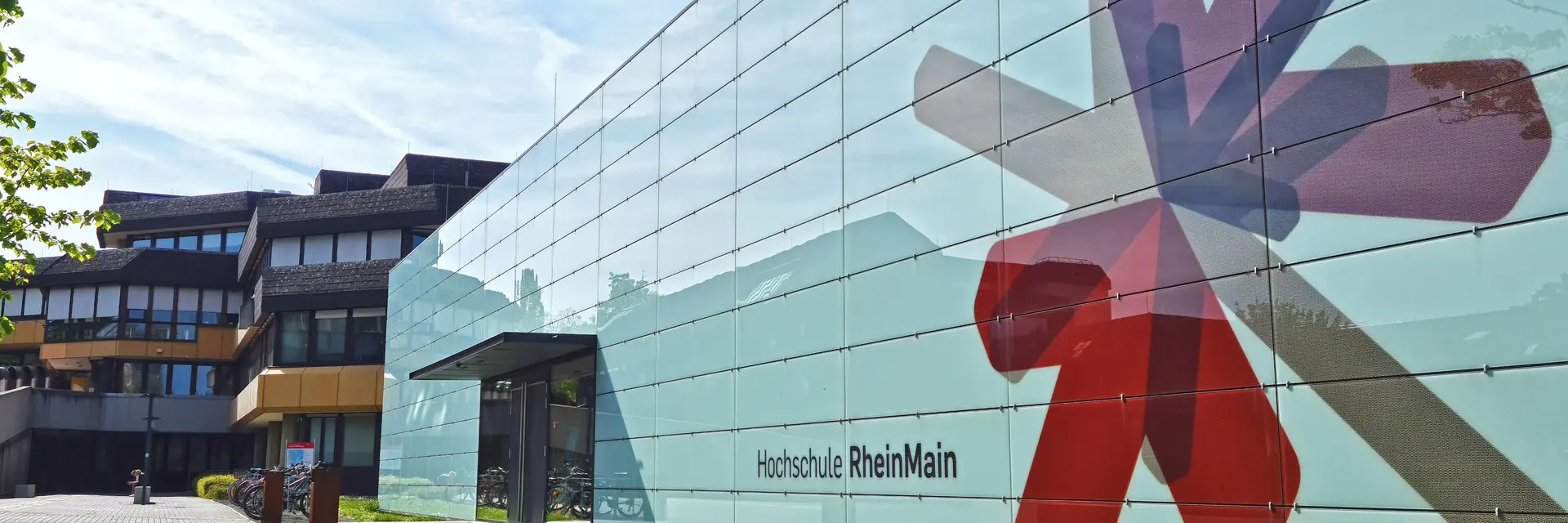
Upcoming Academics

Many questions arise at the beginning of a doctorate: What topic do I want to research? How do I finance myself? What are the requirements for a doctorate? How does a doctorate actually work?
On this page you will find the most important answers to your questions. If you need further information, please do not hesitate to contact us.
Before you decide to do a doctorate, you should answer the following questions for yourself:
- Is a doctorate necessary for your professional career?
- How will you finance yourself during the doctoral phase?
- Does a doctorate fit into your current life plan?
- How much time can and do you want to invest in your doctorate?
- Which dissertation topic would you like to work on and which research gap would you like to fill?
- Who can supervise your dissertation and can you imagine working with them for several years?
- Do you meet the admission requirements for a doctorate at a doctoral center?
There are two ways to obtain a doctorate at Hochschule RheinMain: in one of the doctoral centers or in a cooperative procedure. If you would like to complete your doctorate in the subject areas of Social Work, Applied Computer Science or Mobility and Logistics , you can do so in the respective doctoral center with independent doctoral rights.
For subject areas in which there is no independent right to award doctorates, you have the option of obtaining a doctorate in a cooperative procedure with a university.
If you are unsure which path to choose, we will be happy to advise you.
The condition for acceptance as a doctoral candidate is usually a completed university degree in the subject area relevant to the dissertation project. Specific admission requirements are regulated by the doctoral degree regulations of the respective doctoral centers or the faculty of the cooperating university. Prospective doctoral candidates with a degree from abroad must first have the equivalency of their degree examined and confirmed.
In addition to academic supervision, the topic in particular should be well developed. The application for acceptance as a doctoral candidate must usually be accompanied by a corresponding exposé.
Employment as a member of staff:
Many doctoral candidates at the HSRM are employed as members of staff, either in a project funded by third-party funds or in a qualification position funded by the academic mid-level faculty. You can find out about current vacancies for doctoral candidates on this page.
Scholarships:
In Germany, there are 13 organizations for the promotion of gifted students that award scholarships to doctoral candidates. The requirements are usually that supervision by a professor has been promised, that the studies leading to the doctorate have been completed quickly and that the topic of the doctorate is expected to make a significant contribution to research. Further information can be found here
Part-time doctorate:
As the doctorate is independent of the type of funding, you can also obtain funding from other sources. This can be, for example, employment outside the university. Here you should be aware of what a part-time doctorate means. Many companies offer the possibility of a so-called industrial doctorate, i.e. a doctorate on a topic related to the employment. In this case, it should be contractually stipulated who owns which rights to the data and results collected. In any case, the doctoral candidate must be granted the right to publication of the dissertation.
A doctorate is usually divided into the following steps:
- Application and acceptance: Once the requirements have been clarified and you have found a supervisor and topic, you can submit the supporting documents for the application. The doctoral committee of the doctoral centers or the Admissions Office of the participating university decides on acceptance.
- Writing the dissertation: A doctorate usually takes 4 to 5 years. During this time, a research topic is worked on independently and the dissertation is written.
- Submission and admission: Once the dissertation has been submitted, it is examined by the supervisors or reviewers (depending on the doctoral degree regulations). If accepted, the dissertation is then made available for inspection by the review board.
- Disputation and publication: In the course of the disputation, your own work is presented to the examination committee, followed by a discussion. After successfully passing the oral exam, permission to print the doctoral thesis can be granted, possibly with conditions for publication.
If you decide to do a doctorate, you must first look for a supervisor for your doctoral project yourself. Focus on your own area of interest and find out about the research areas of the potential supervisor. In everyday life, however, there must also be a practical and personal fit. It is certainly helpful to discuss the type of future collaboration and supervision in a preliminary meeting.
Finding a suitable topic for a dissertation is certainly one of the most difficult parts: The research topic must fascinate and motivate you, but also have enough content to keep you busy for a longer period of time. You should also discuss this with your supervisor in an initial meeting.
If you have been accepted as a doctoral candidate at one of the doctoral centers and your first supervisor comes from Hochschule RheinMain, you can enrol as a doctoral student. Enrolment is possible at any time, even during the current semester. The usual semester fees apply, but the costs for the SemesterTicket (semester public transport pass) can be reimbursed on application.
Contact: Dr. Sabrina Niederelz
Mentoring Hessen is a joint project of Hessen's higher education institutions to support women on their career paths and offers a support structure based on each other for female students, doctoral candidates, young female scientists and young female managers. The funding alliance consists of higher education institutions, non-university research institutions and internationally active companies.
Junior researchers & cooperative doctorates
Anne Stosch
Phone: +49 611 9495-1538
Email: anne.stosch@hs-rm.de
Doctoral Centers & Office Doctoral Center Applied Computer Science
Dr. Sabrina Niederelz
Phone: +49 611 9495-1145
Email: sabrina.niederelz@hs-rm.de